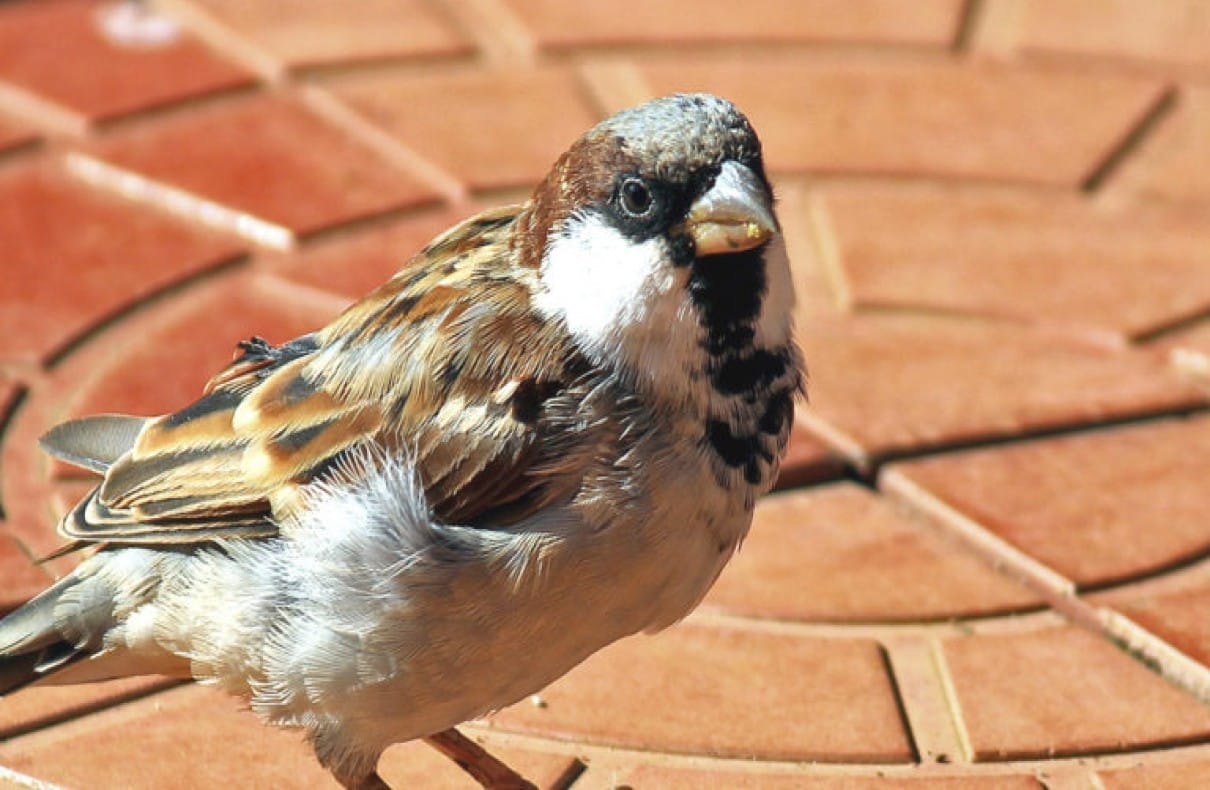The sparrow, a beautiful, agile, and beloved bird, fills our homes and courtyards with its cheerful chirping, even brightening up gloomy and dull environments with its presence. With its lively nature, the sparrow captivates the human heart. Due to its playful and delicate demeanor, children find it particularly endearing. This omnivorous bird feeds on vegetables, fruits, flowers, leaves, and insects, especially those found during the monsoon season. Sparrows play a crucial role in agriculture by consuming harmful pests such as caterpillars, which damage crops. By feeding on these insects, sparrows contribute to maintaining ecological balance and help farmers by protecting their crops.
World Sparrow Day
The sparrow, which once thrived around human dwellings, is now on the brink of extinction and must be preserved at all costs. These birds prefer to reside in and around human homes. They are social creatures found worldwide, with small, bushy trees like oleander, mulberry, pomegranate, and guava serving as their preferred habitats. Unfortunately, due to increasing urbanization, population growth, and rising human aspirations, concrete jungles are rapidly replacing green spaces, leading to a drastic decline in the sparrow population.
Radiation, climate change, and environmental pollution have significantly increased atmospheric temperatures, causing premature deaths among sparrows. These birds are unable to tolerate excessive heat. Additionally, the rising levels of noise pollution are proving to be life-threatening for them. As a result, the number of sparrows, which have lived in and around human homes for nearly a thousand years, is rapidly decreasing. In large cities, they have already become nearly extinct, and their presence in smaller towns is also dwindling.
However, in rural areas, the sight and sound of sparrows still persist, albeit in smaller numbers. The few sparrows that remain in smaller towns struggle to survive due to the lack of food, water, and suitable habitats. Their future is uncertain, making it essential for us to take immediate action.
To help preserve these birds, we must plant and protect small, bushy trees like oleander, mulberry, pomegranate, and guava around our homes and rooftops. Additionally, we should ensure an adequate supply of food and water for them, enabling their survival and conservation.
